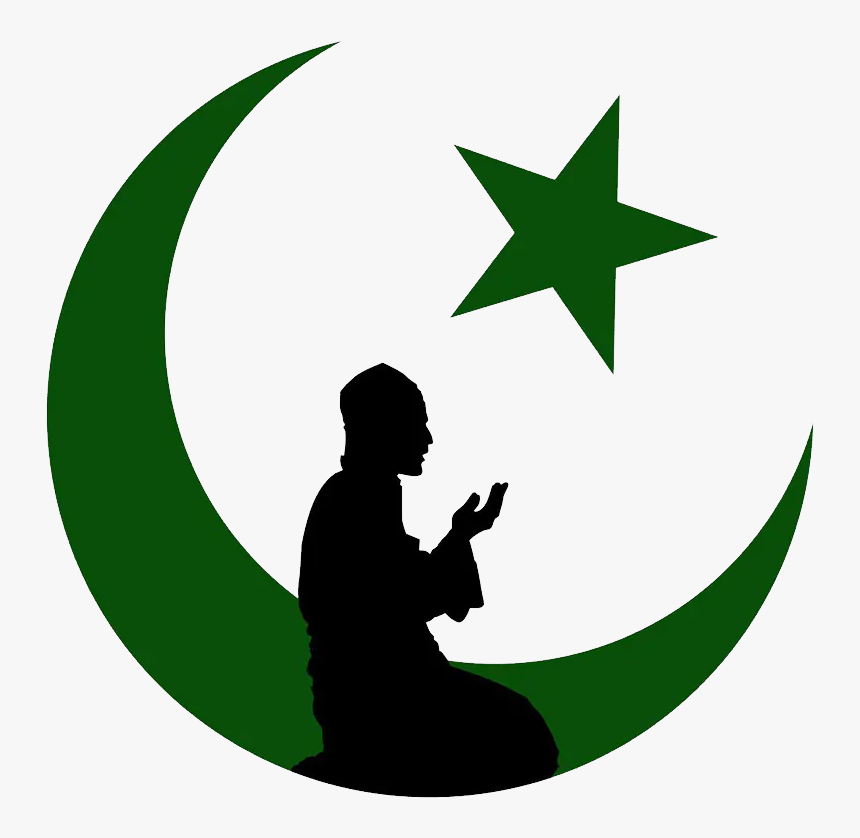Celebrating Prophet Muhammad — The most influential person in history (I)
Sometime in 1978, the American author and cultural critic released his monumental book titled “The 100: A Ranking of the Most Influential Person in World’s History”. Sitting at the top of Michael Hart’s ranking is Prophet Muhammad. Hart was not a Muslim. Nor was he interested in the annual controversy and polemics among Muslims – […]

Sometime in 1978, the American author and cultural critic released his monumental book titled “The 100: A Ranking of the Most Influential Person in World’s History”. Sitting at the top of Michael Hart’s ranking is Prophet Muhammad. Hart was not a Muslim. Nor was he interested in the annual controversy and polemics among Muslims – I have since decided not to contribute any more to the sustenance of such unproductive polemics – over whether celebrating the birthday of Prophet Muhammad was jurisprudentially or legally valid or not.
I am recalling Hart’s findings here simply because it is very relevant to this occasion; the occasion of the birthday of the last of all real Prophets of the Almighty. Yes. Prophet Muhammad (upon him be peace and salutations of the Almighty) was the real Prophet. I say real because there are many pseudo-Prophets out there especially here in Nigeria. ‘Prophets’ who always say and claim, on a daily basis, that God has ‘spoken’ to them even when, by all human standards, they are closer to Beelzebub and hell than they are to the Almighty or paradise.
Celebrate the Prophet (PBUH), imbibe his virtues
Primaries not war, let’s work together — Nasarawa gov tells aggrieved APC members
Yes. Our Prophet (s.a.w) and leader came with the last testament from the Almighty to humanity. He was raised at Ummul Qurah- Makkah, the centre of the world- to deliver His message to ‘villages’ and all the ‘peripheries’. Hart reached the conclusion to rank the Prophet first based on two key performance indicators- his eternal spiritual impacts on the world and his lasting political legacies.
But there is another dimension to Hart’s book – it is that it calls attention to other non-Muslim assessments and eulogies of the persona and the message of Prophet Muhammad. Consider the following statement of Mahatma Gandhi: “From my reading I received the impression that the Prophet was a seeker of Truth. He was godfearing. In this I know I am not telling you anything new. I am only describing to you how I was impressed by his life. He suffered endless persecution. He was brave and feared no man but God alone. He did what he considered to be right in scorn of consequences. He was never found to say one thing and do another. He acted as he felt. If there was a change in his opinion, the next day he responded to the change without counting the cost and regardless of popular censure or opposition. The Prophet was a Fakir. He renounced everything. He could have commanded wealth if he had so desired,”
But who was this man? Who was Prophet Muhammad? He is named Abul Qasim Muhammad b. Abdullah b. Abdul Muttalib b. Hashim b Abdul Manaf… b.Adnan. His mother is Aminah daughter of Wahab. He was born on Monday; he was commissioned into prophethood on Monday; he left Makkah on migration (hijrah) to Madinah on Monday; he arrived in Madinah on Monday; he placed the black stone on its present spot in the Kaaba on Monday; he died on Monday.
Who was Muhammad – upon him be peace and blessings of the Almighty? He was born an orphan but rose to become a head of state. Muslim parents of today usually assume that their presence is a sine qua non for the success of their children. But Abdullah lived till such a time he delivered the seed in the womb of his wife, Aminah before he transmitted to the great beyond; Aminah also lived till such a time the infant Muhammad could be separated from the womb and the bosom that bore him before she departed this world. Parents are agents in the hands of the unknowable scheme of the Almighty; we are puns – children and their forebears- in the chessboard of our creator. Children who see their parents on a daily basis easily forget their creator; my daddy, my mummy! those who have no parents, call on Allah on a permanent basis; the former shouts my daddy! my mummy! the latter shouts ya rabbi! Ya rabbi! (my lord! My lord!)
Before he was commissioned as a prophet, his nudity was never seen, he never drank alcohol, never ate from a feast dedicated to idols and never sworn by other than Allah. He was light in complexion, his shoulders were broad, and his face usually shined brightly as if on a dark night. He had black hair, tender skin, a broad chest, moderate height, high forehead. He was sweet speech and usually keep silent most of the time. He usually walked rapidly and lightly with long strides. His clothing generally consisted of two pieces of cloth. He used to begin and end speeches with ‘bismillah”. He used to look more onto the ground than he did to the heavens out of respect and awe to the authority in the heavens. He never repelled evil with evil but with good.
